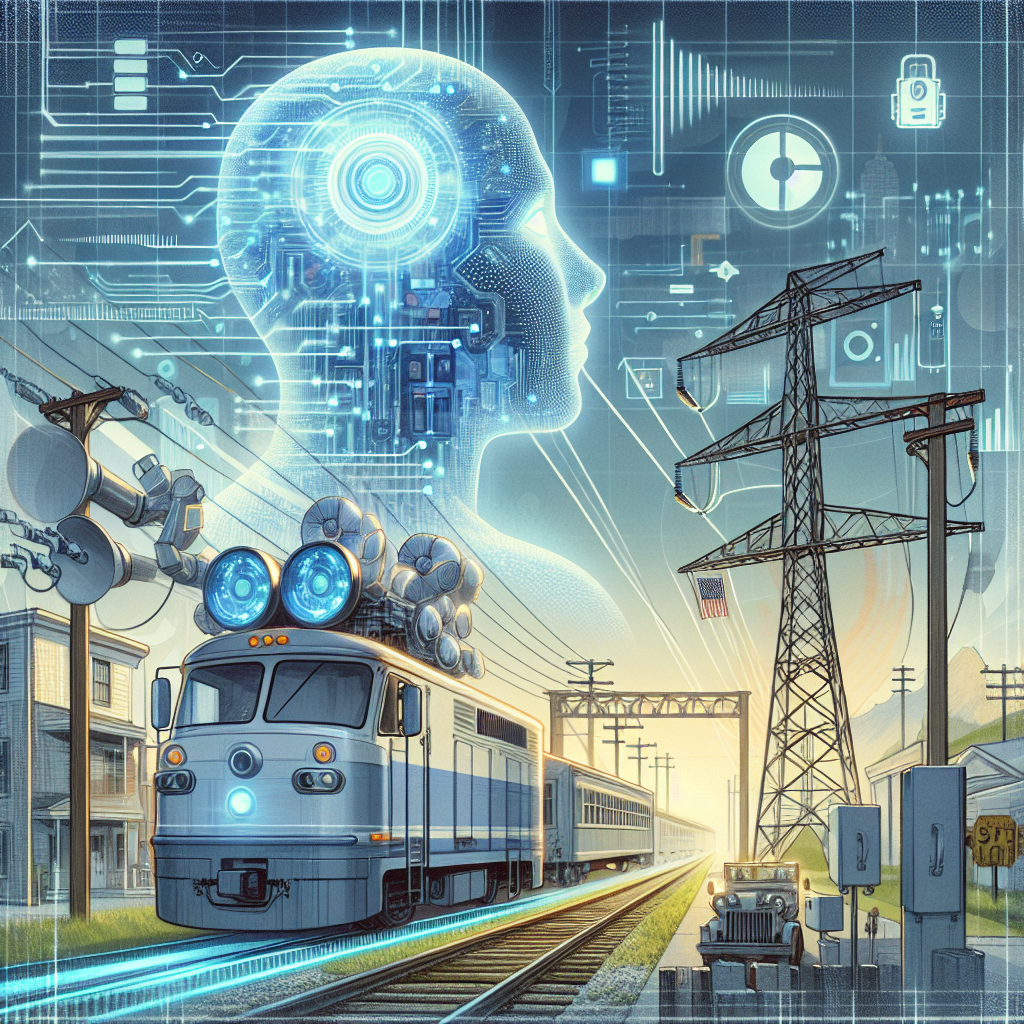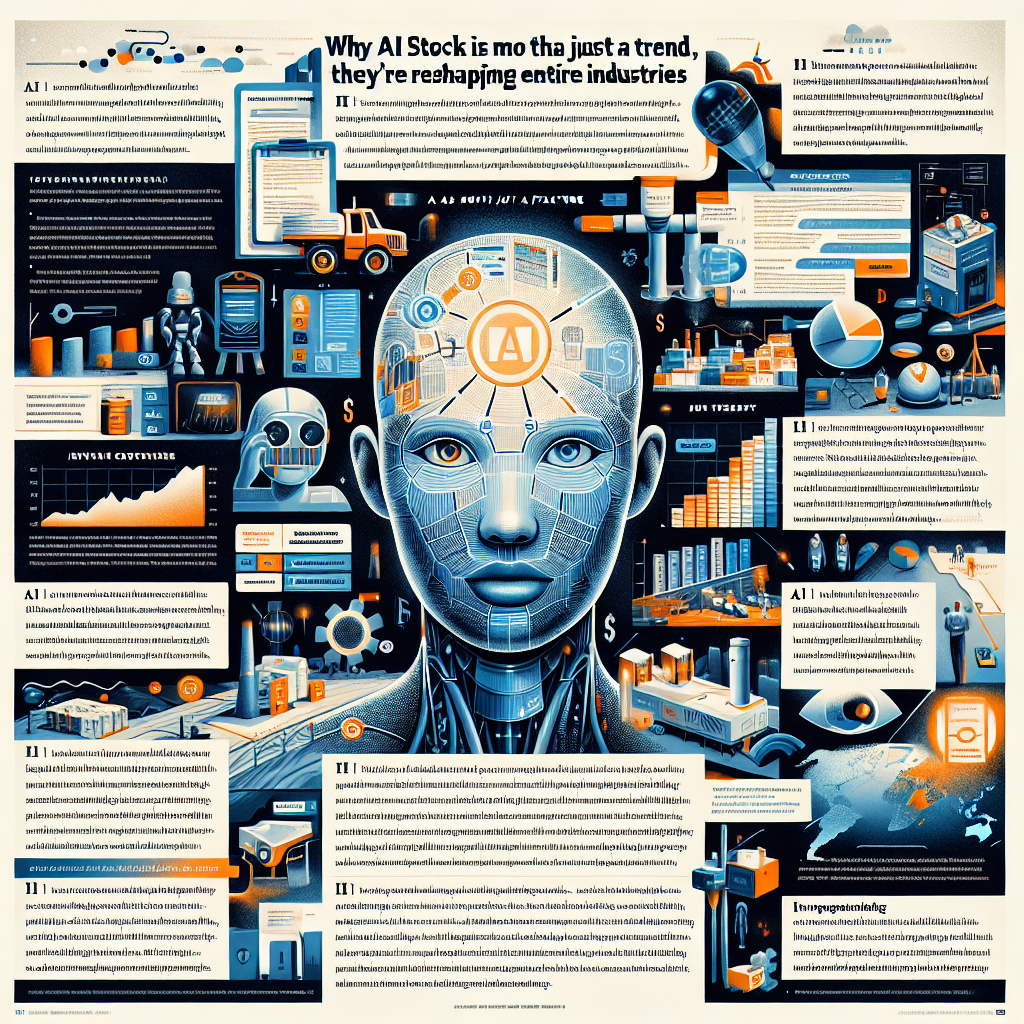At the recent Energy and Artificial Intelligence Summit in Pittsburgh, big promises filled the room: billion-dollar investments, bold future predictions, and a shared vision of AI transforming the power sector. But one challenge stood out—America’s outdated and overstressed electric grid.
The Grid Isn’t Ready for the Future
Much of the U.S. power grid was built in the mid-20th century. Some components, like transformers and distribution equipment, are decades past their expected lifespans. Frequent outages, wildfires caused by failing lines, and the growing strain of electric vehicles and clean energy sources only make the problem worse.
This is where AI—arguably the star of the summit—might finally make the difference.
Smarter Systems, Not Just More Power
Instead of simply building more infrastructure, AI offers ways to manage energy smarter. Here’s how:
-
- Real-time load balancing: AI can help utilities adjust power delivery instantly, rerouting electricity based on demand spikes or outages.
- Predictive maintenance: Algorithms can analyze data from sensors to flag equipment before it fails—avoiding blackouts and cutting repair costs.
- Renewable integration: Solar and wind energy are unpredictable. AI can forecast output and manage storage more effectively than traditional systems.
- Predictive maintenance: Algorithms can analyze data from sensors to flag equipment before it fails—avoiding blackouts and cutting repair costs.
- Real-time load balancing: AI can help utilities adjust power delivery instantly, rerouting electricity based on demand spikes or outages.
Why Pittsburgh’s Meeting Matters
Pittsburgh’s summit wasn’t just a PR spectacle. With billion-dollar pledges and former President Trump spotlighting Pennsylvania’s role in U.S. industrial policy, it was a signal that AI in energy is no longer experimental—it’s policy-worthy.
Still, turning investment into impact depends on execution. Will companies actually update outdated infrastructure? Can AI scale across different utilities with wildly different systems?
Looking Ahead
If all goes right, AI won’t just make the grid more reliable—it could change how we think about energy as a whole. But unlike the promises made at summits, real change won’t happen overnight. The next twelve months will show whether these bold claims turn into something that actually keeps the lights on.
“`



